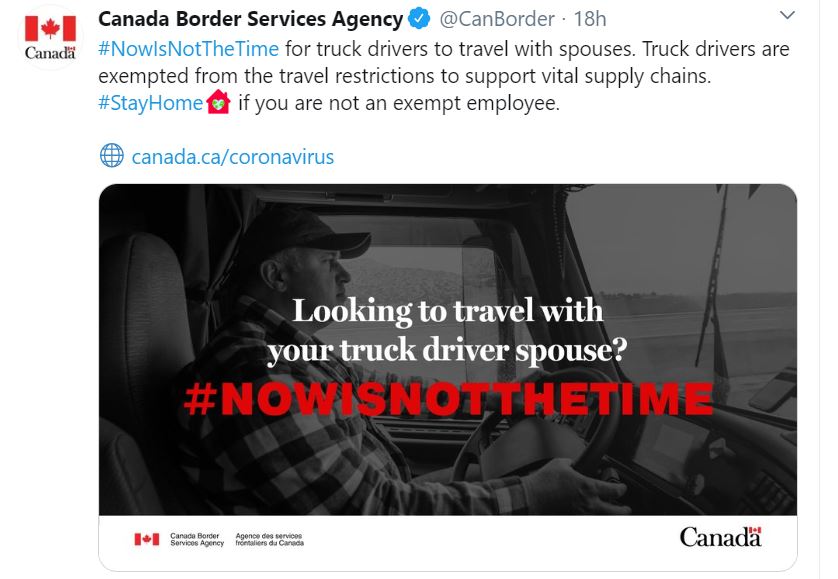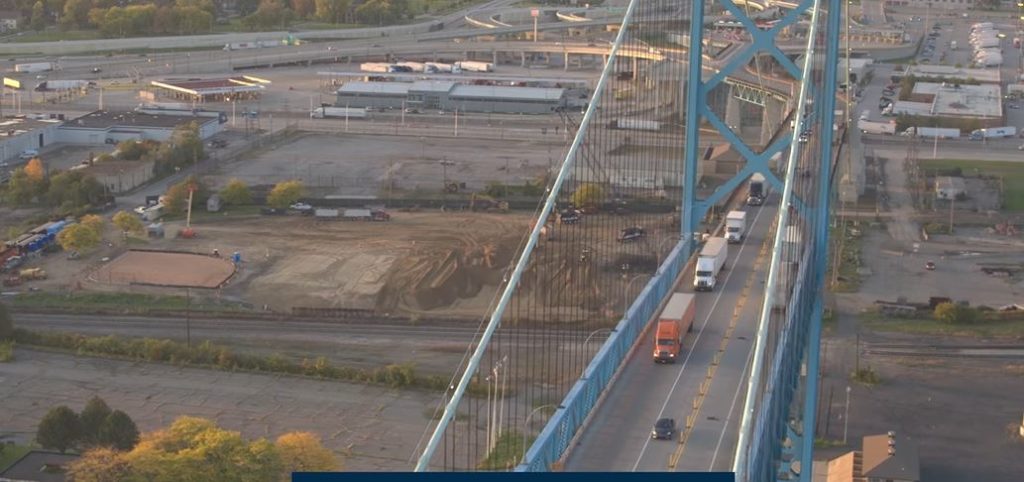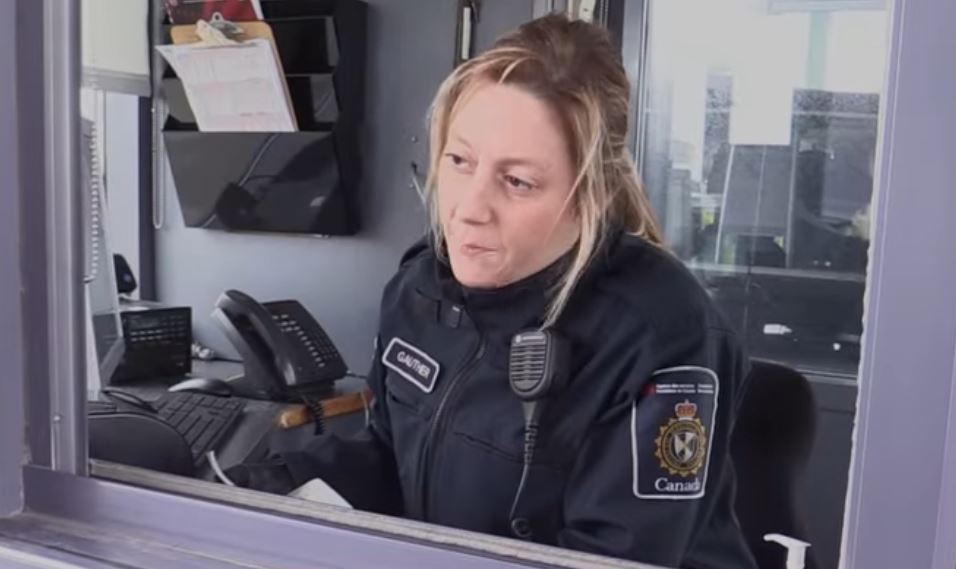CBSA is at the forefront of the Covid-19 fight

TORONTO, Ont. – With the catchy hashtag #NowIsNotTheTime, the Canada Border Services Agency (CBSA) is trying to spread awareness about new restrictions imposed by the federal government to stop the spread of Covid-19.
In one Twitter post this week, the CBSA reminded truck drivers, “#NowIsNotTheTime for truck drivers to travel with spouses.”
That was just one of many social media posts; others urged people not to cross the border to get a new puppy, or to pick up loved ones.
It is all part of a new safety protocol the agency has adopted after Canada and the U.S. banned non-essential travel between the two countries March 21 in response to Covid-19.

Prime Minister Justin Trudeau said Tuesday that talks are underway on extending the ban.
“Travel restrictions are going to remain extremely important in terms of containing the spread of Covid-19 in Canada, and we’re going to continue to work with the Americans and people around the world, to ensure that we continue with these restrictions,” Trudeau said.
Volumes plunge

The CBSA, which plays the most crucial role in implementing the restrictions, has reported a sharp plunge in arrivals at border crossings since the new rule went into effect.
During the week of March 30 to April 5, volumes were down more than 87% for those crossing via land, and nearly 96% at airports, compared to the week of April 1 to April 7, 2019, the agency said.
It said the number of truck drivers entering Canada plunged 29% during that period.
“It must be noted that no measures have been introduced restricting commercial shipments, or rendering certain products as non-essential,” the agency said in an email to Today’s Trucking.
“Importantly, we have no indication of issues with supply chains for essential goods coming to Canada, including food and medical supplies.”
New routine

Border services officers now have a new routine in the fight against Covid-19.
They typically ask all exempt persons entering the country, “Do you currently have a cough, difficulty breathing, or feel you have a fever?”
The CBSA noted that its officers not only query travelers on the state of their health, they are trained to observe visible signs of illness too.
“If the traveler is displaying symptoms of illness, they will not be permitted to enter Canada.”
While it is mandatory for all travelers entering Canada to self-isolate for 14 days, asymptomatic truck drivers and other essential workers are not required to do so.
Officers still urge them to maintain a distance of two meters from others at all times, closely self-monitor for symptoms, and self-isolate should symptoms develop.
The CBSA is assessing the situation on a daily basis, and on Tuesday night, it announced a temporary reduction of service hours at 27 low-traffic ports of entry (POE) along the border.
CBSA employees

The agency is also taking care of the health and safety of its own officers and staff.
“The CBSA works in close cooperation with Health Canada, our employees and the union to ensure that appropriate measures are in place to ensure the health and safety of its frontline while carrying out the agency’s mandate,” it said.
Its safety measures include installation of plexiglass at high-risk CBSA sites to prevent transmission of the disease.
Have your say
This is a moderated forum. Comments will no longer be published unless they are accompanied by a first and last name and a verifiable email address. (Today's Trucking will not publish or share the email address.) Profane language and content deemed to be libelous, racist, or threatening in nature will not be published under any circumstances.